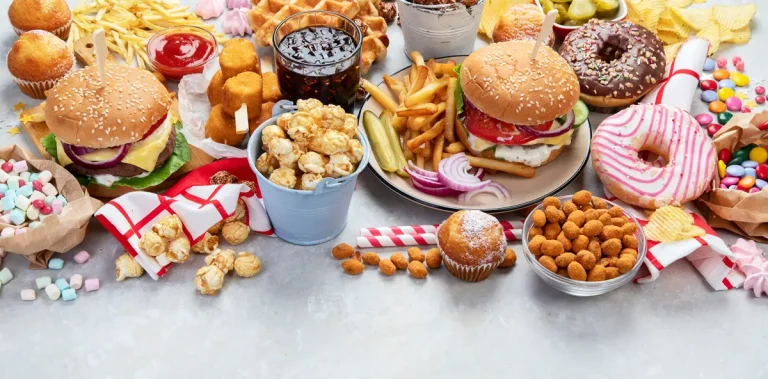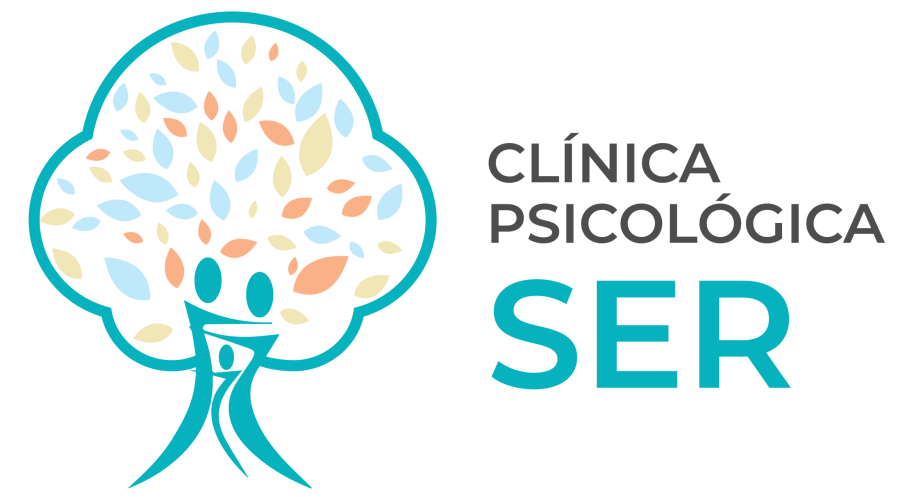
What would you do to feel better when you’re faced with one of these situations?
- You had a fight with your best friend.
- It’s the day before a very important exam and you’re cramming.
- You break up with your boyfriend or girlfriend and feel sad and lonely.
Would you:
a) Talk with your mom, brother, or someone close to you, and have a long, comforting conversation.
…or…
b) The moment you get home, run to the fridge for cake, ice cream, or leftover pizza.
If your answer is b, you may have a tendency toward emotional eating.
What is emotional eating?
Our bodies need food for energy and survival. The extra food we eat is stored as fat. But emotional eating happens when we use food to cope with feelings—boredom, fear, anger, sadness, even happiness. It’s when we believe food will fill an emotional void and make us feel better.
The problem? Eating frequently for emotional reasons can lead to both physical complications (like obesity or health issues) and emotional struggles (like guilt, depression, or feeling out of control).
How to tell emotional hunger from real hunger
- Emotional hunger feels sudden, urgent, and is usually for specific “junk” foods—sweets, chips, pizza.
- Real hunger builds gradually, and you’re open to eating different types of foods that will actually satisfy you.
- With physical hunger, you stop when you’re full. With emotional hunger, you keep eating—like a bottomless pit.
- If you feel guilty after eating, that’s a sign of emotional eating. If you feel satisfied, that’s real hunger being met.
Uncontrolled emotional eating can even turn into an addiction, where food ends up controlling you instead of the other way around.
Tips to manage emotional eating
- Change your focus. When the urge hits, try something else—go for a walk, drink water, call a friend, hit the gym, swim, or pick any activity that shifts your attention.
- Pause before eating. Ask yourself: How am I feeling? How did my day go? Am I bored, angry, lonely? Even positive emotions can trigger emotional eating. Naming the feeling helps calm the urge.
- Keep a journal. Write down what you feel before, during, and after eating. Spot the patterns between your emotions and your food choices so you can make better decisions next time.
- Find healthier ways to cope. Try meditation, breathing exercises, yoga, Pilates—anything that relieves stress without food.
- Seek help if it feels overwhelming. A psychotherapist can help you process feelings, a nutritionist can guide your eating habits, and a trainer can support you with movement and exercise.
